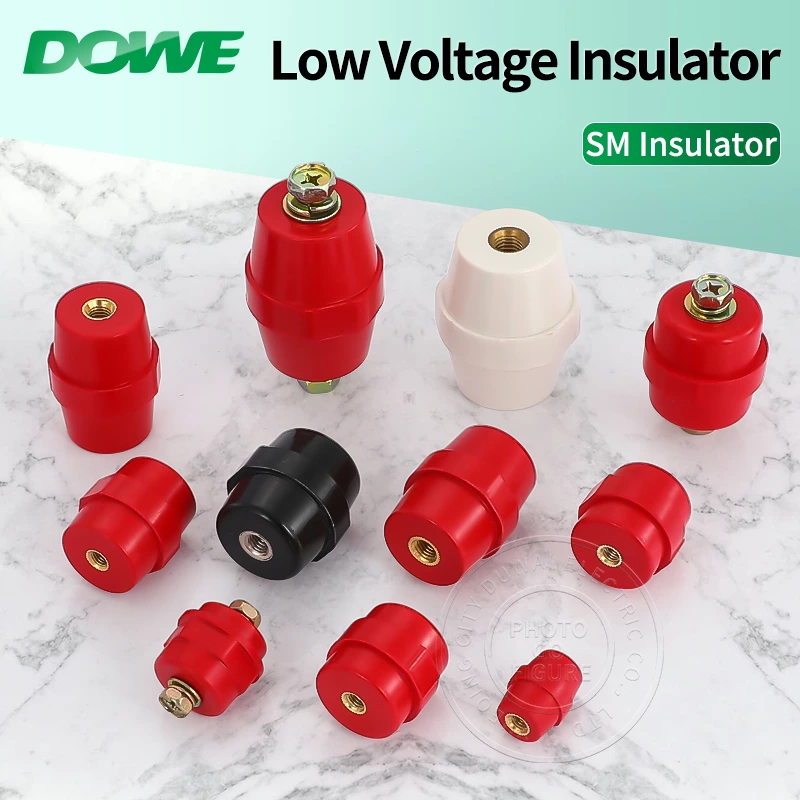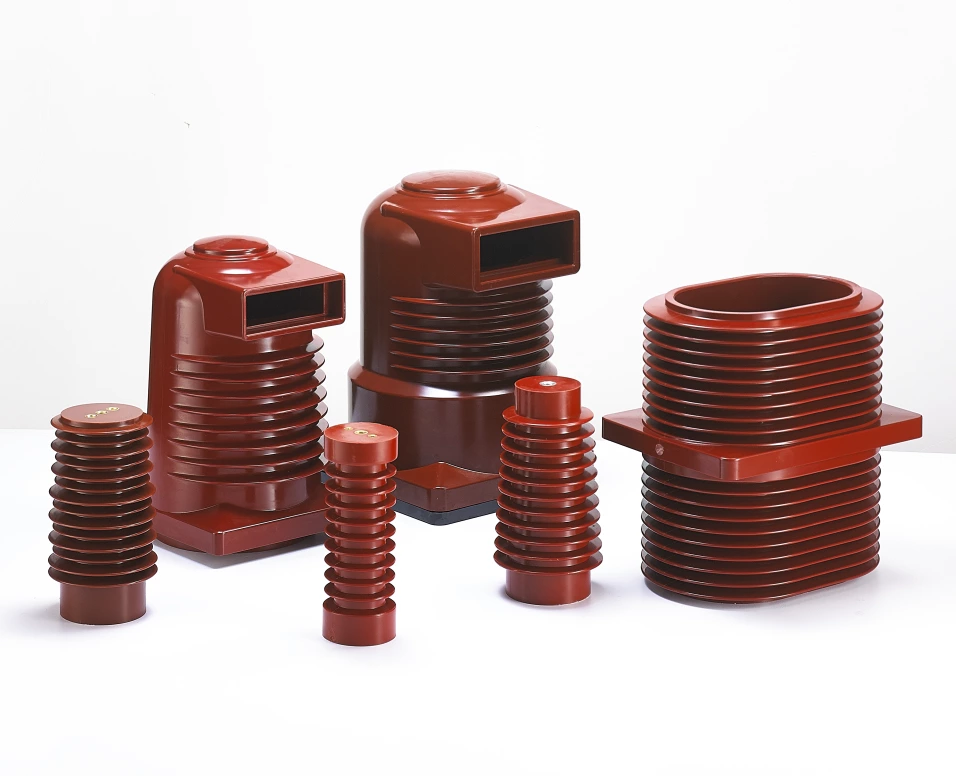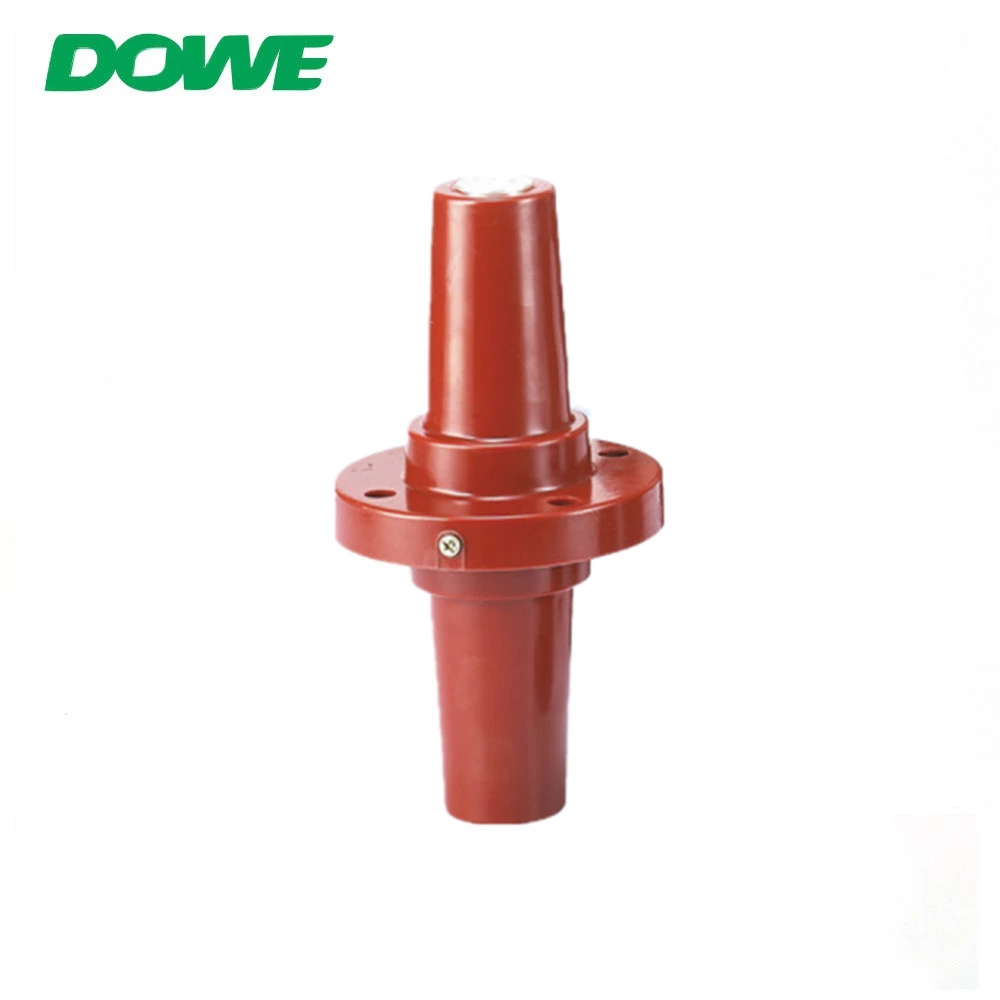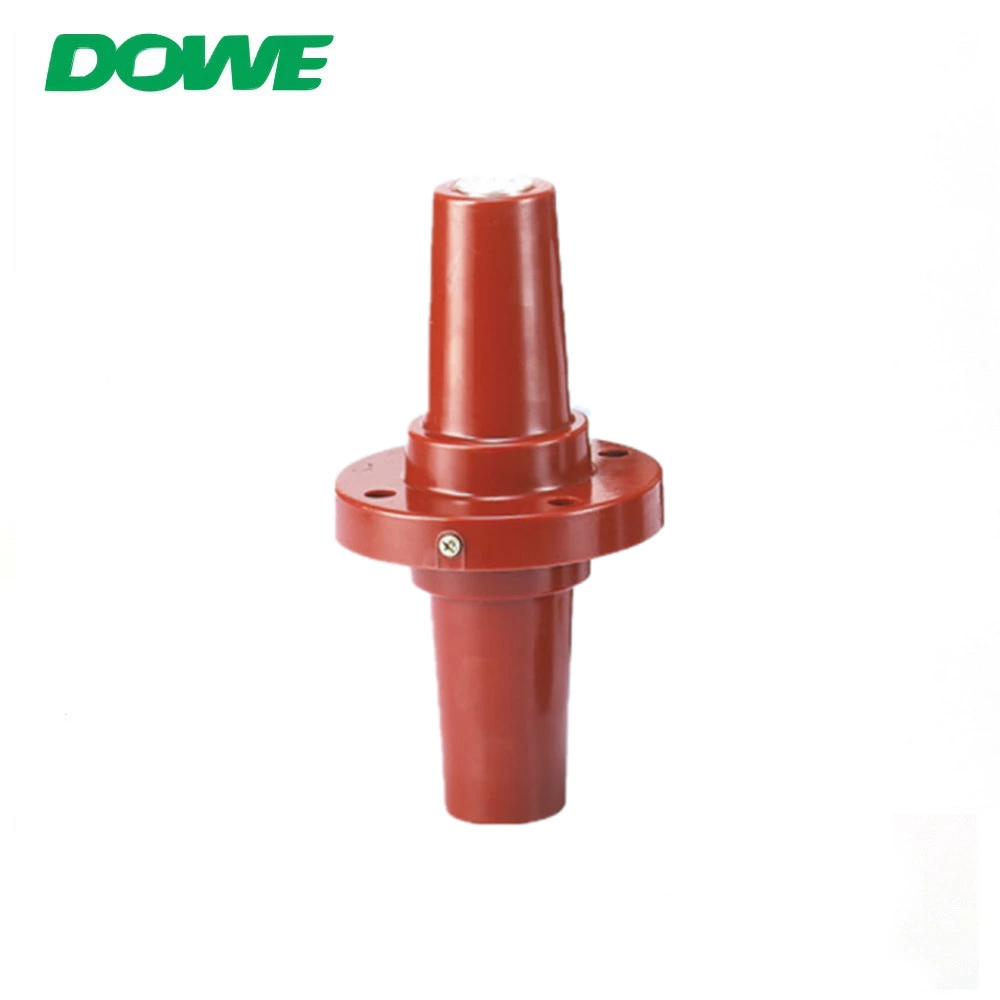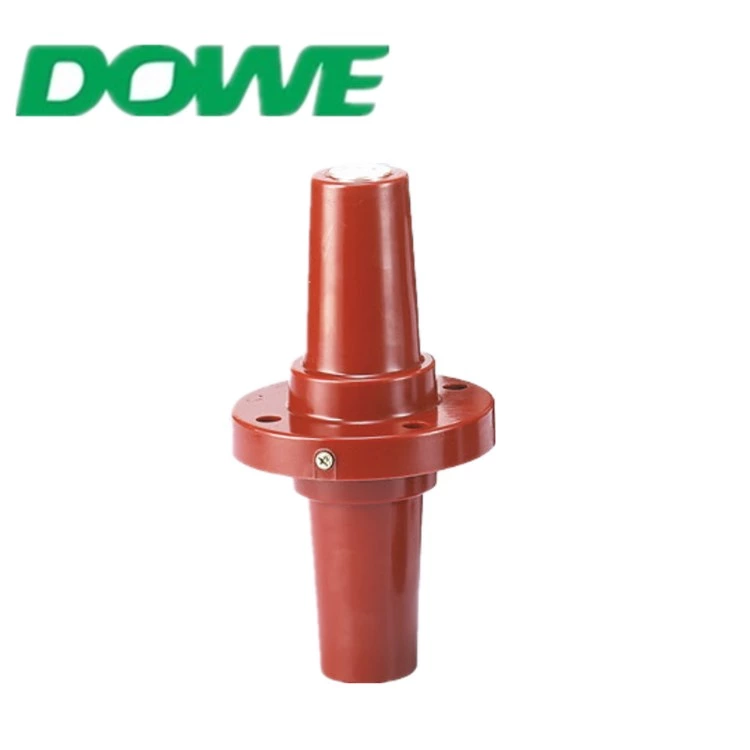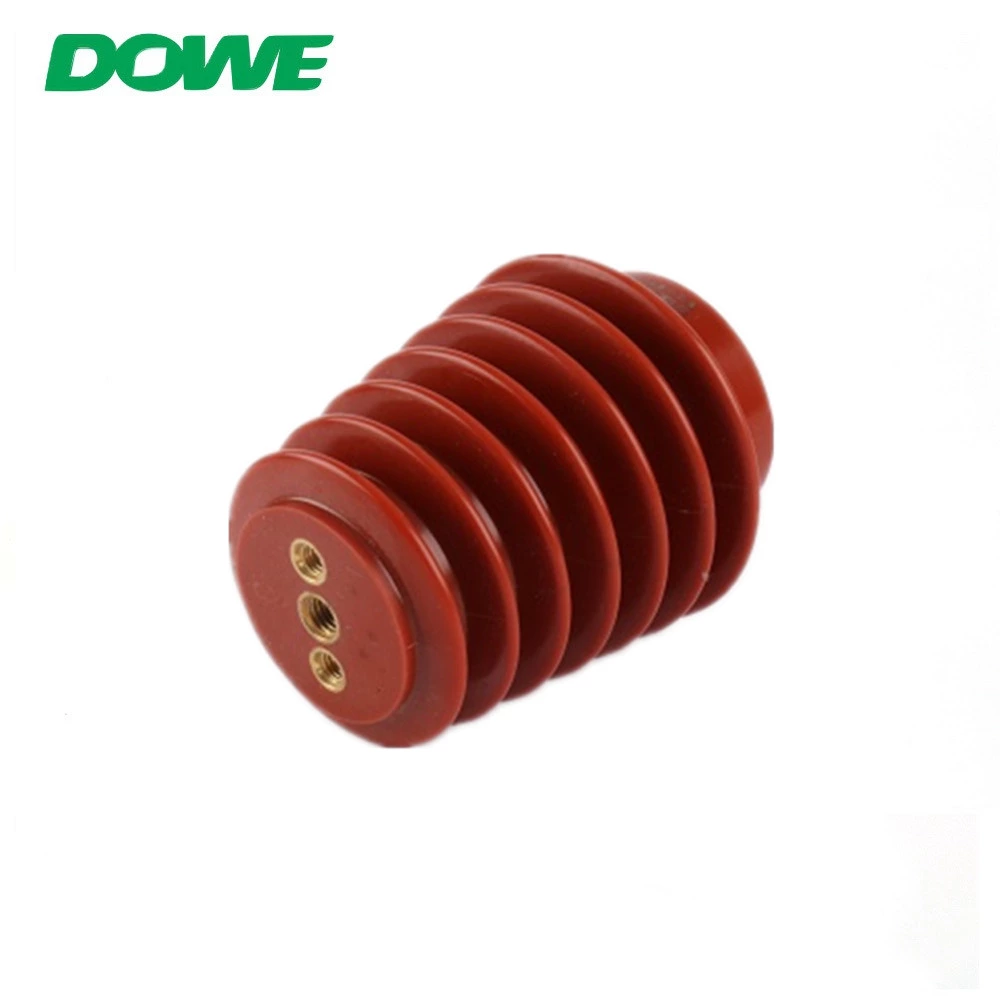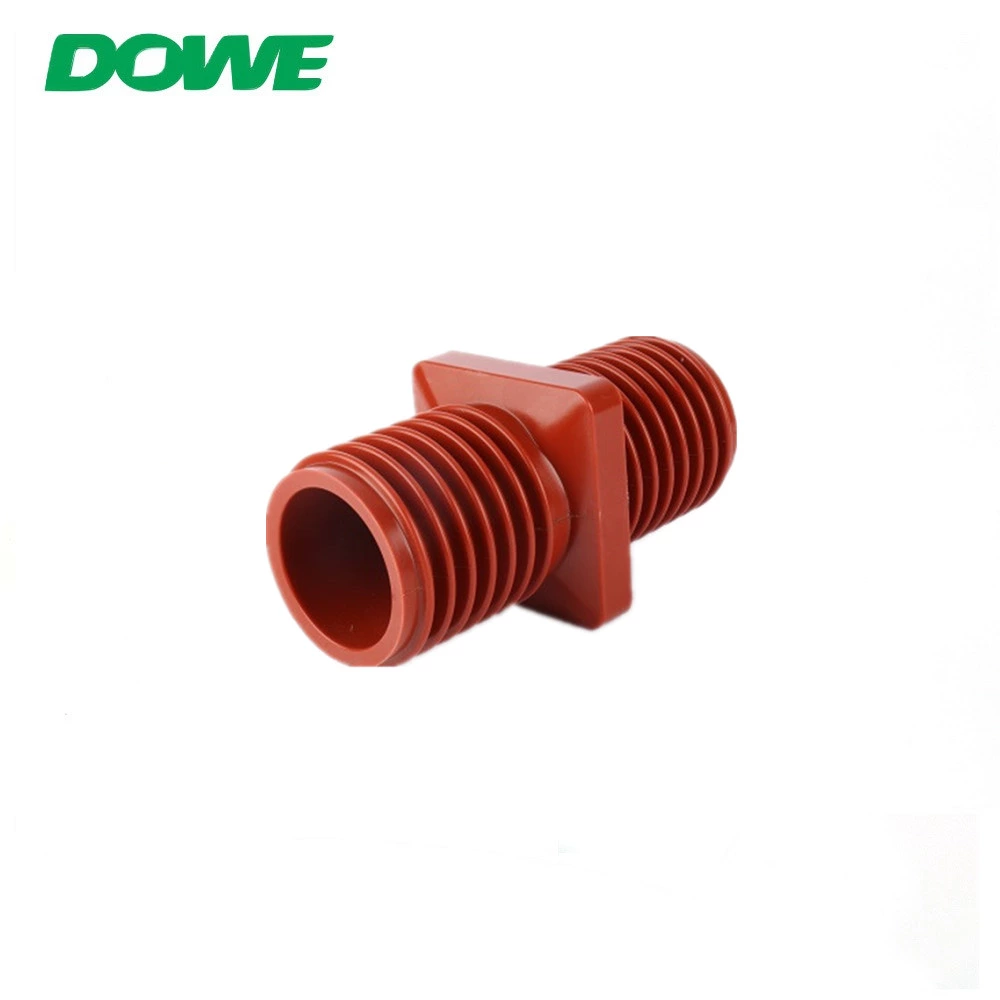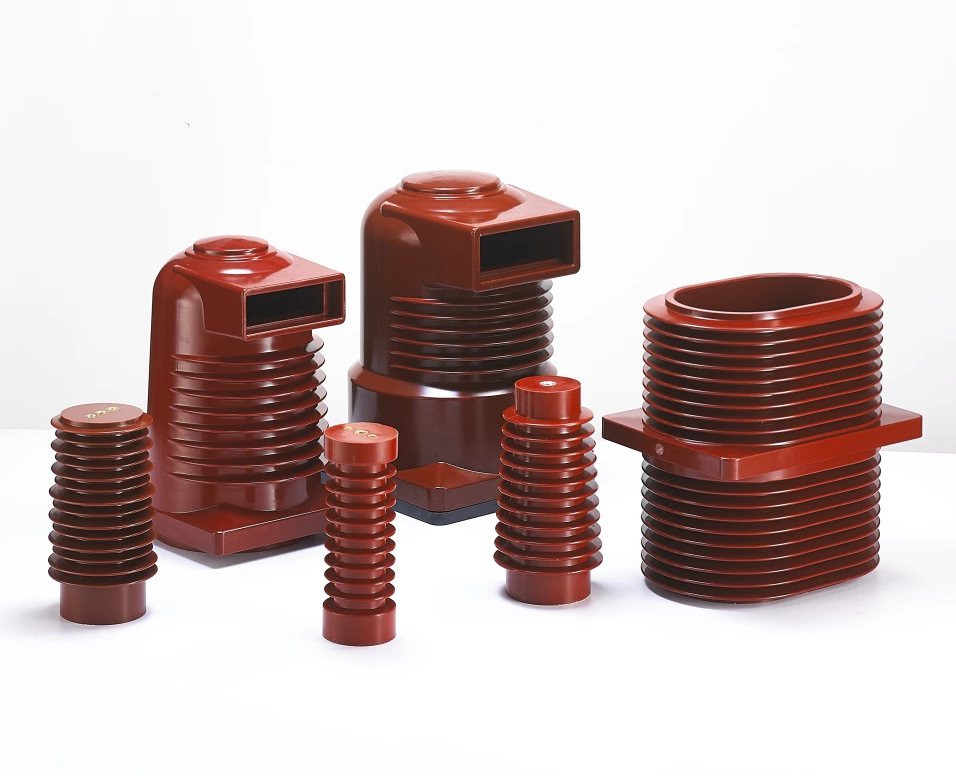How to Choose Between Different Types of Busbar Insulators for Your Installation?

Choosing the right busbar insulator can be challenging. Without proper selection, installations may fail.
Selecting the appropriate busbar insulator ensures safety and efficiency in your electrical installations.
I remember the first time I faced this decision. It was a learning experience that shaped my approach using the PAS formula1.
[Table of contents]
- What Are the Different Types of Busbar Insulators?
- How Do Material Choices Affect Performance?
- What Certification Standards Should You Look For?
- How to Ensure Quick Customization for Your Needs?
- Conclusion
What Are the Different Types of Busbar Insulators?
Understanding the variety of busbar insulators2 is crucial for making an informed choice.
There are several types of busbar insulators, including porcelain, polymer, and glass insulators, each with unique properties.
Choosing the right type depends on your specific installation needs.

Porcelain Busbar Insulators
Porcelain insulators are known for their durability and high temperature resistance.
| Feature | Porcelain | Polymer | Glass |
|---|---|---|---|
| Durability | High | Medium | Medium |
| Temperature Resistance | High | Low | Medium |
| Cost | Medium | High | Low |
Polymer Busbar Insulators
Polymer insulators are lightweight and offer excellent electrical properties.
They are ideal for installations where weight is a concern.
Glass Busbar Insulators
Glass insulators provide clear visibility of the busbar and are aesthetically pleasing.
However, they are more fragile compared to other types.
How Do Material Choices Affect Performance?
Material selection plays a significant role in the performance of busbar insulators.
Different materials offer varying levels of insulation, durability, and resistance to environmental factors.
Choosing the right material can enhance the longevity of your installation.
Insulation Properties
- Porcelain: Excellent insulation, suitable for high-voltage applications.
- Polymer: Good insulation with flexibility in design.
- Glass: Moderate insulation, best for visible installations.
Environmental Resistance
- Porcelain: Resistant to UV and weathering.
- Polymer: Susceptible to UV degradation over time.
- Glass: Vulnerable to breakage but resists chemical exposure.
What Certification Standards Should You Look For?
Ensuring that busbar insulators meet global certification standards is essential for quality and safety.
Certified insulators comply with international standards, ensuring reliability and performance in various applications.
Certifications like IEC3, ANSI4, and CE Marking5 indicate quality assurance.



Key Certification Bodies
- IEC (International Electrotechnical Commission): Sets international standards.
- ANSI (American National Standards Institute): Ensures products meet US standards.
- CE Marking: Indicates conformity with European standards.
Importance of Certifications
Certifications guarantee that the insulators have been tested for safety and performance, reducing the risk of installation failures.
How to Ensure Quick Customization for Your Needs?
Customization can meet specific installation requirements and improve overall efficiency.
Having access to customizable busbar insulators allows for tailored solutions that fit your unique installation needs.
With a large number of molds, quick customization is achievable.

Steps to Customize
- Identify Requirements: Determine the specific needs of your installation.
- Select Mold: Choose from available molds that best fit your requirements.
- Quick Turnaround: Utilize quick customization services to meet deadlines.
Benefits of Customization
- Flexibility: Adapt insulators to unique installation configurations.
- Efficiency: Reduce installation time with tailored solutions.
- Cost-Effective: Minimize waste by producing only what is needed.
Conclusion
Choosing the right busbar insulator ensures a safe and efficient installation.
-
Understanding the PAS formula can help you grasp how the introduction is structured to engage the reader. ↩
-
Learn more about the various types of busbar insulators to make an informed decision. ↩
-
Discover the importance of IEC certification to ensure the quality and safety of busbar insulators. ↩
-
Learn about ANSI certification and its role in ensuring products meet US standards. ↩
-
Understand how CE marking verifies that products meet European standards for safety and performance. ↩
